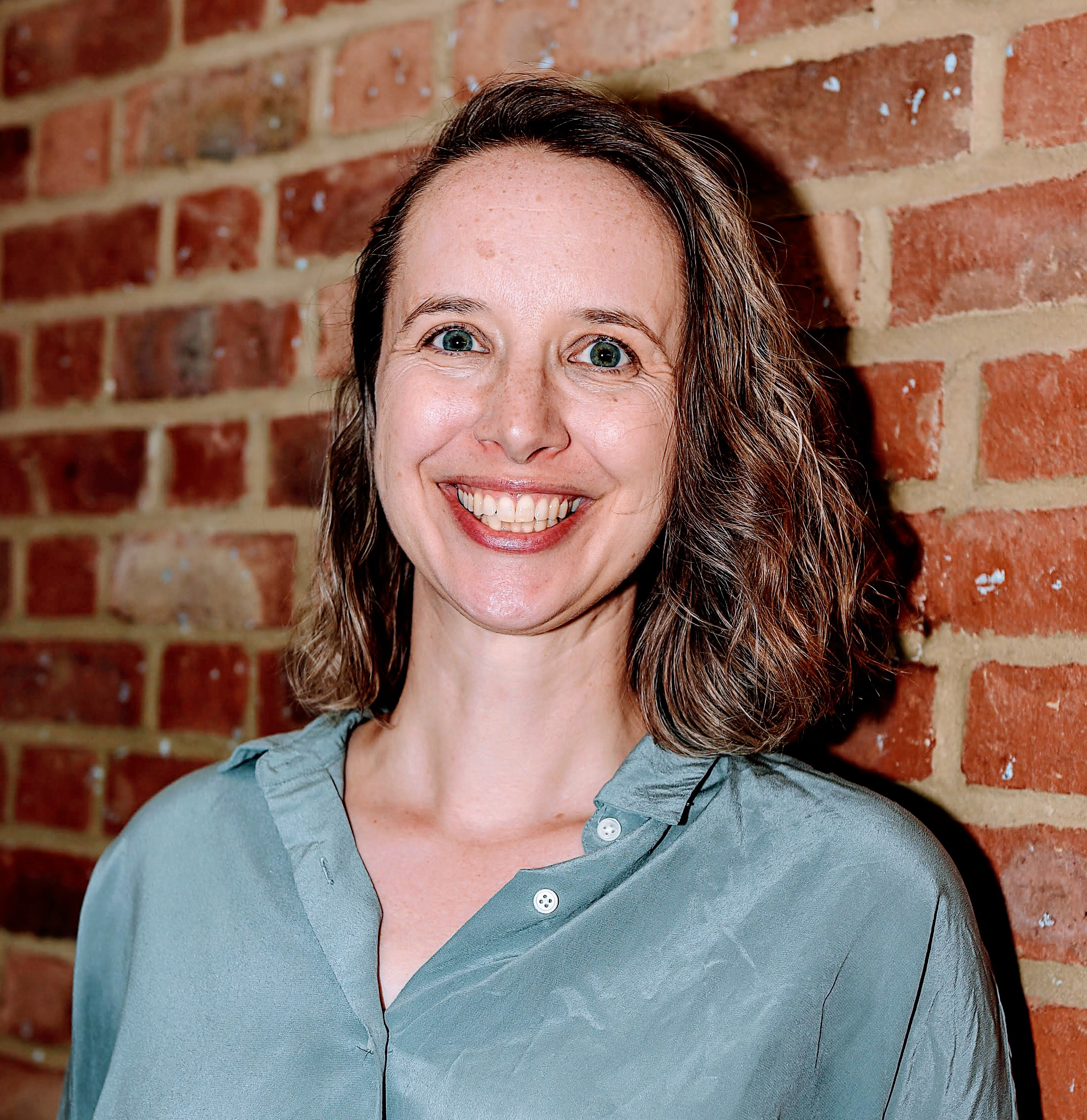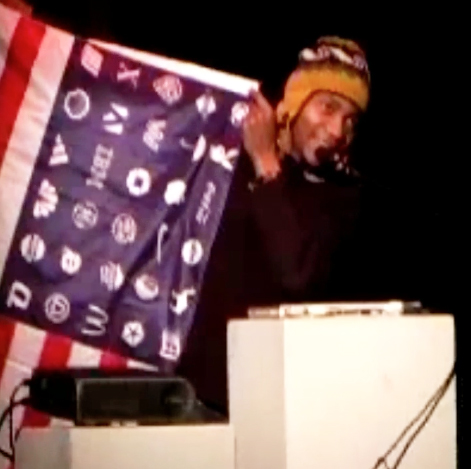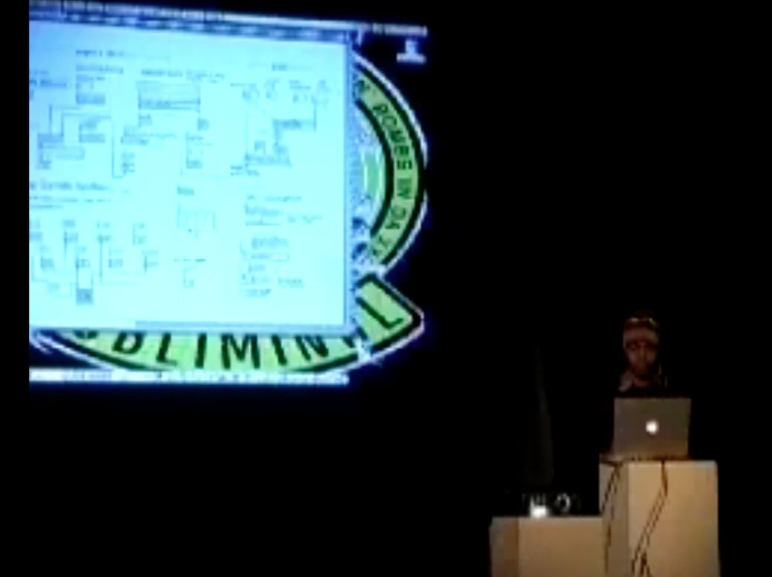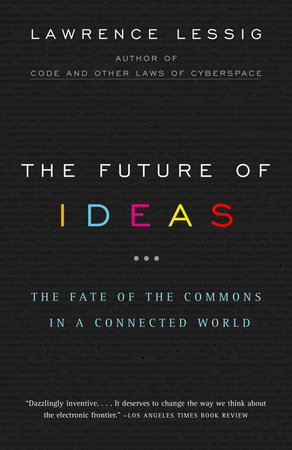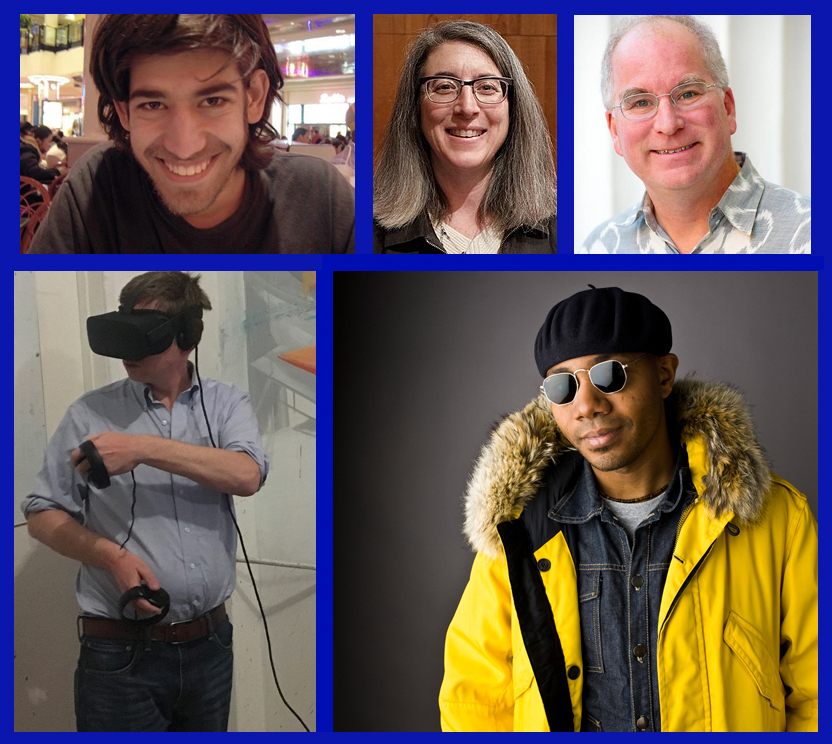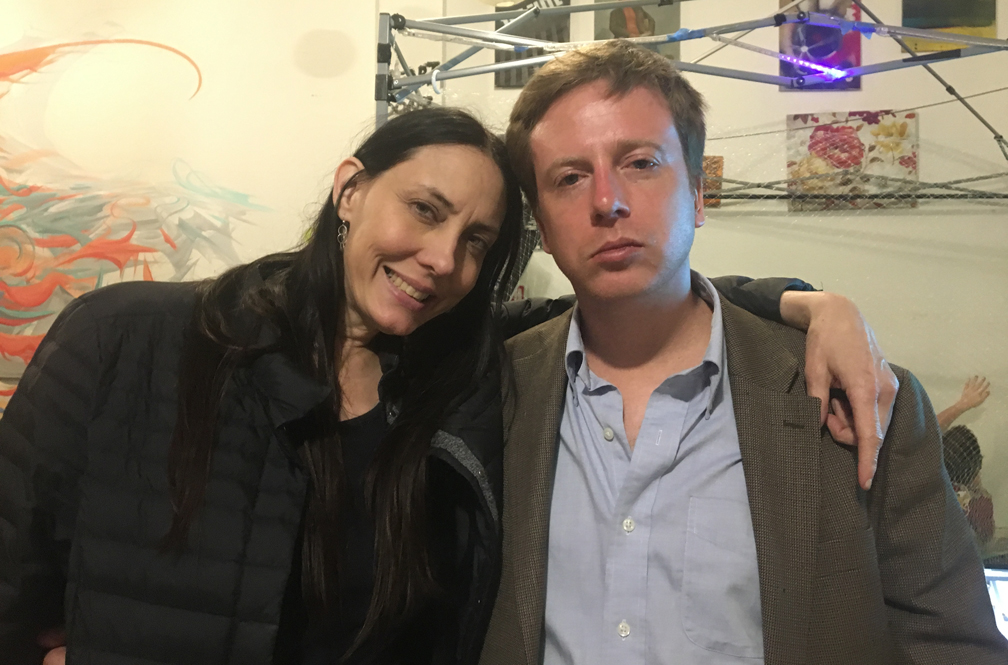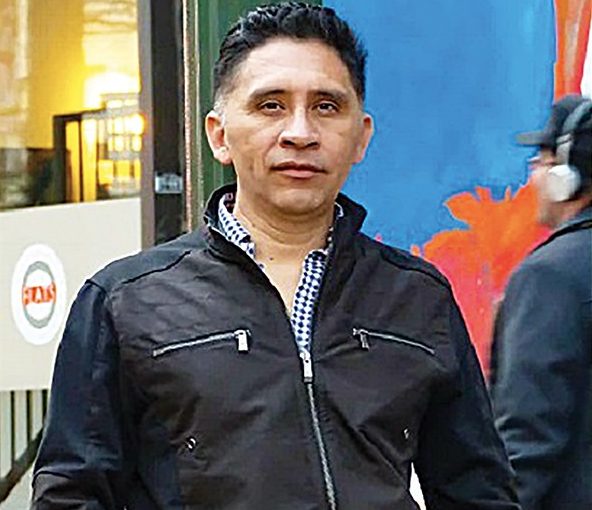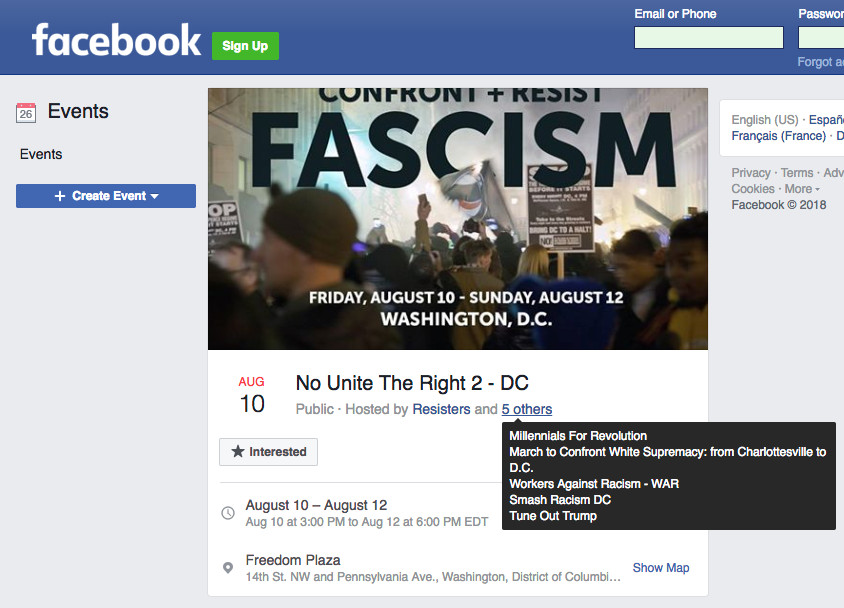Danielle Robinson will be presenting at the Sixth Annual Aaron Swartz Day & International Hackathon in San Francisco, on Saturday November 10, 2018) and also that night, during our Saturday Evening Event, where she and Karissa McKelvey will explain why the distributed web is so important.
TICKETS ($35) (Email aaronswartzday@gmail.com for discount information.)
| Saturday Schedule & Evening Event | Projects To Hack On | Regular & Discount Tickets Here |
Aaron Swartz Day 2018: The Inside Story – Part 2: Danielle Robinson From the Dat Project and Code for Science & Society
By Lisa Rein for Mondo 2000.
From the article:
I’m a believer in the potential of P2P technologies and the decentralized web to change the way knowledge is disseminated. I consider open science/scholarship to include equity, justice, and opening the profession of scholarship to historically marginalized communities. Building offline-friendly tools, baking in free access, and creating decentralized communities can help open the profession of research and scholarship. A personal goal is to build systems that provide free access to knowledge.
Working with the open access movement via OpenCon, the Code for Science & Society community, and projects like Dat, ScienceFair, and the decentralized data sharing project – I am privileged to wake up everyday and work towards that goal…
Like many people, I felt Aaron’s actions were justified and in line with the spirit of science and research. While the actions of MIT, JSTOR, and the federal government appeared to be motivated by a desire to restrict access to academic work for the protection of moneyed interests. This was the first time I’d heard about the open access movement and first exposure of activism around academic issues. I saw that the problematic incentive structure I experienced in my lab were part of a much larger issue that impacted global access to knowledge. Aaron’s writing on open access inspired me, in part because he focused on what a person could do today.
As a graduate student at a US institution, I was in a relatively privileged position to impact the system. I was inspired to find the community of scholars and activists working on open access issues around the world. I found my local open access community though Robin Champieux at my home institution’s library, got involved in the OpenCon and Mozilla Science communities, and found the way to put my disillusionment to work…
It’s hard for me to consider his work without thinking about his death. Although there is nothing I can say about his death that is new or insightful. Any suicide leaves pain, sadness, and questions unanswered. It’s a reminder that life is messy, and messed up, and often too short. I’ve also struggled with depression. Who hasn’t? I got treatment at a critical point after the birth of my son. Depression isn’t rational. It’s deeply irrational. My personal goal is to be honest about my own experiences and try to support my colleagues and friends (and myself) to do work that (hopefully) matters in a world that doesn’t make sense…
Sadly my PhD advisor is not an open access believer, so until my paper is out of review my dissertation is under embargo (until March 2020), which drives me nuts.
To give you more context regarding my dissertation being embargoed: I understand the incentives that lead my PhD advisor to prefer to keep unpublished work, such as what’s contained in a dissertation, under wraps. I get it. But I think it’s the wrong path for science, in the big picture. It’s also personally frustrating to me, as I know how long it took to get some of those protocols working and I’d prefer preprints or the dissertation to be freely available. I want to save some other researcher that time.
Looking at the field today, open access, preprints, and other approaches to make research freely available are becoming the norm in neuroscience research. It’s a huge change from when I started my degree in 2011. The work isn’t done, and the embargoed dissertation illustrates that for me (on a very personal level).
